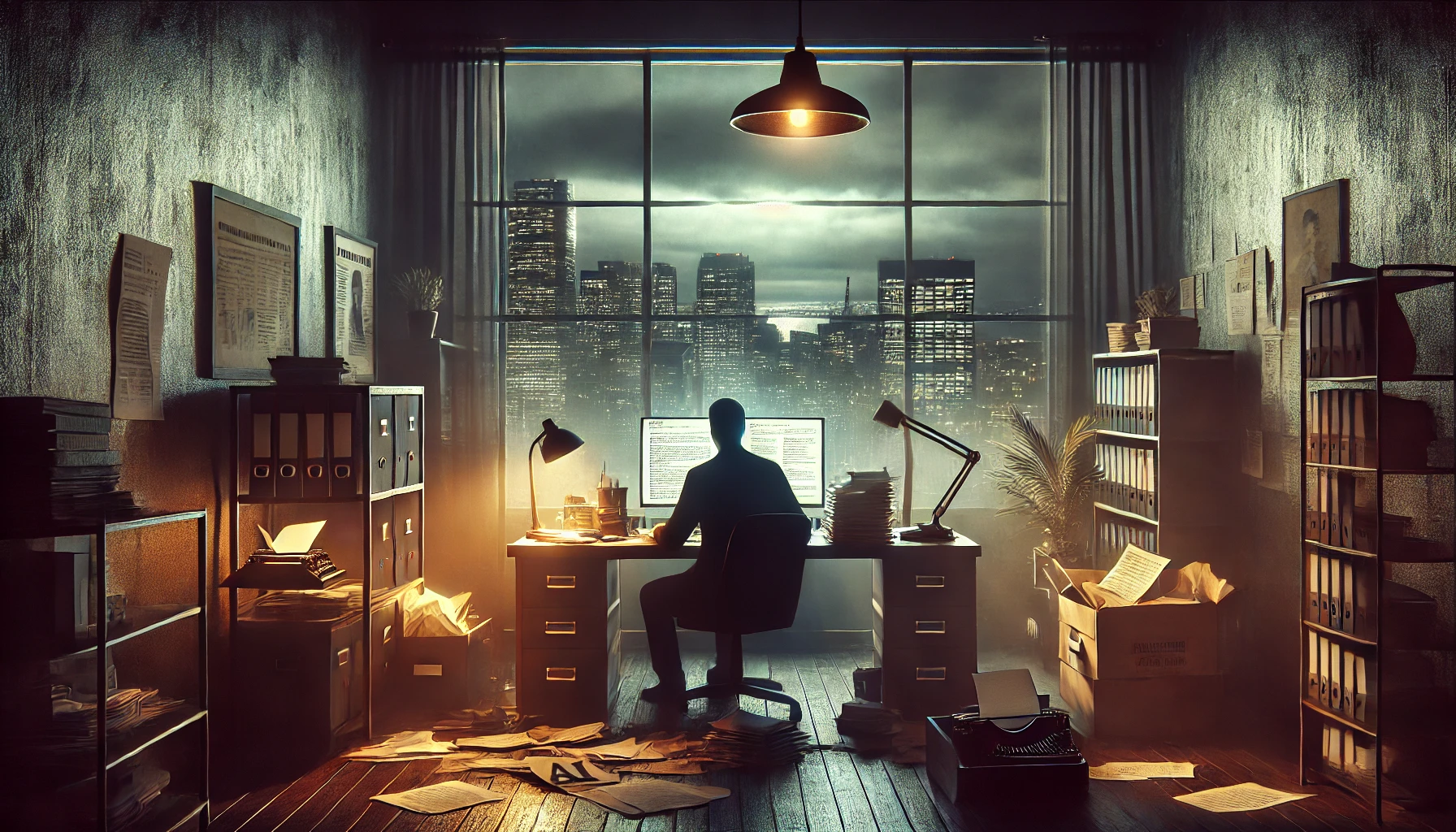In San Francisco, the quiet hum of a bustling city was interrupted by tragic news last Friday. The body of Suchir Balaji, 26, was discovered lifeless in his apartment. Officials were quick to say it was suicide. But not everyone is convinced that’s the whole story.
Balaji wasn’t just any former employee—he worked on OpenAI’s famous ChatGPT and had been deeply involved in conversations about the law and ethics of artificial intelligence. For almost four years, his name carried weight in discussions about AI development. Yet, in his final months, he made waves for a very different reason: he questioned whether AI companies like OpenAI were skirting copyright laws.
A Mind Focused on Big Problems
During the last 18 months of his time at OpenAI, Balaji dove headfirst into copyright law. He believed AI tools might be stepping over a line when they used copyrighted content to train their systems. He wasn’t shy about it, either.
On October 23rd, he posted a bold message on X (you might still think of it as Twitter). He invited experts to debate what he called “the shaky defense” of fair use for AI-generated works. Some people called him brave. Others? Maybe reckless.
Balaji’s concerns weren’t just technical. They were human. He argued that AI could create content so similar to what it learns from that it competes with original creators. Writers, musicians, photographers—he saw their livelihoods at risk.
Unanswered Questions
When word of his death spread, reactions were immediate. Many people who knew him expressed shock, but some voices online took a darker tone.
Was it really suicide? A few pointed to Balaji’s whistleblowing activities and suggested that his death might not be what it seems. Whispers grew louder: What if someone wanted to silence him?
The authorities insist there’s no sign of foul play while OpenAI, Balaji’s former employer, has remained silent.
Being a Whistleblower Isn’t Easy
Whistleblowers historically take on big risks. Some lose jobs. Others lose their privacy. And sometimes? They lose much more.
Balaji’s death, regardless of what circumstances surround it, surely reminds us how hard it can be to stand up to powerful companies, especially in Silicon Valley, where the pressure to stay quiet often outweighs the need to speak.
Big Tech is known for pushing limits—not just with what their products can do but with how far they can stretch the rules. Balaji’s willingness to say something made him stand out.
What Happens Next?
The legal questions Balaji raised aren’t going away. If courts start cracking down on the use of copyrighted works in AI training it could change the game for companies like OpenAI. Some startups might not even survive the fallout. Even the biggest players could feel the heat from such a move.
But that’s only part of it. The death of a single man has started a conversation about how whistleblowers are treated and what protections they deserve. Some are hopeful that this might lead to stronger safeguards for people like him, and yet there’s also a fear that it will only make insiders more hesitant to speak out.
Balaji’s death is a loss not just to his friends or family but to a field that needs voices like his. The AI world is moving fast. Too fast for some and his concerns shouldn’t be forgotten.
It’s a tragic story, but maybe it’s also a wake-up call.
Disclaimer:
This article is an opinion-editorial and is designed for informational purposes only and does not constitute news, or financial, legal, or professional advice. The information provided is based on current knowledge and understanding, and while we strive for accuracy, we make no guarantees regarding its completeness or applicability. Parler assumes no responsibility for any actions taken based on this information. For specific advice, please consult a qualified professional.

